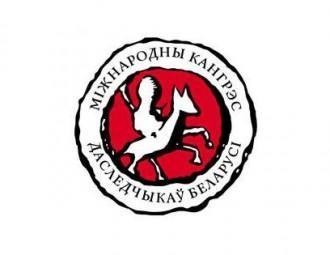Andrei Kazakevich: To look upon Belarus as a part of a huge region

Third International Congress of Belarusian Studies on October 11-13 in Kaunas brings together about 400 scholars, experts, analysts and intellectuals from 25 countries.
In the talk with the EuroBelarus Information Service Andrei Kazakevich, the director of the Institute for Policy Studies Palіtychnaya Sphera (Political Sphere) and one of the leaders of the Congress’ Organizing Committee recalled the agenda of the Congress for this year.
- The Congress is a multifaceted event, and different goals can be achieved within certain disciplines. We can’t identify one obligatory goal. We are looking forward to discussing topical problems of Belarusan medievalism, especially the topic of Lithuania and Russia. As to the problems of Belarus’ economic development, we are to discuss possible scenarios of how to come out of an economic recession. Within the political science, the problems of regional cooperation are high on the agenda. Some other topics include the problems of transformation of the economy and the history of the Grand Duchy of Lithuania and neighboring states, to politics and international relations, culture and historical heritage, gender rules and psychology. When it comes to the common goal, we can say that tolook upon Belarus in comparison to other countries, especially with Scandinavian and Baltic countries, is a unifying framework for the Congress.
Andrei Kazakevich notes that this “Baltic-Scandinavian priority” is not an attempt to learn some special models or schemes and project them to Belarus.
- We are trying to look upon Belarus as a part of the region. It is extremely important to understand Belarus contextually, as a part of some bigger geographic area. This is where the decision to give closer attention to the Baltic problematics within the Congress lies.
Let us recall that this year the organizers were hoping to see hot debate between participants who hold opposite social and political opinions. A number of experts with pro-governmental views were invited. However, unfortunately, they were dismissed on their own initiative, Andrei Kazakevich said.
- We were in active correspondence, but during the last week the majority of the invited experts and researchers from the state reported about their non-participation in the Congress due to various reasons, mostly because they reported that they were extremely busy.
Let us also recall that within the scale of the event the Award of the Congress for the best scientific publication through 2011 and 2012 are to be given in three nominations: history, social and political studies, humanities. The nominees were selected by large sections of experts. The results will be announced during the Congress.
-
03.01
-
07.10
-
22.09
-
17.08
-
12.08
-
30.09



























